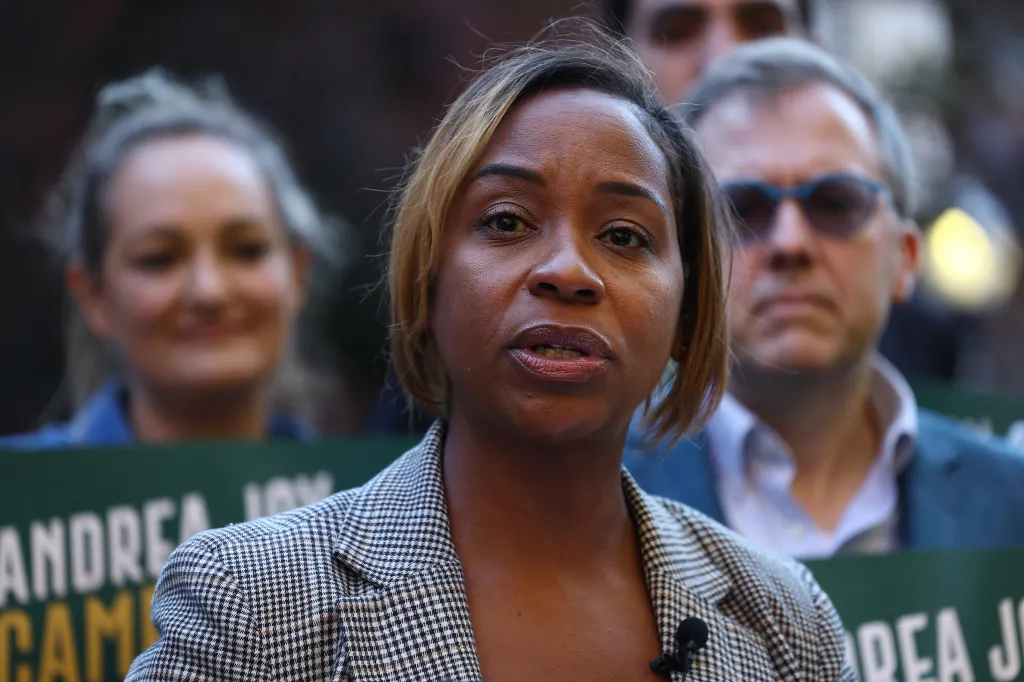Copyright scmp

Fewer candidates with professional backgrounds are making a bid to run in Hong Kong’s coming Legislative Council election amid more subdued interest in the sector-based functional constituencies. A check by the Post of all 161 candidates’ declared occupations found that 45, or 28 per cent, are professionals, compared with 51 from the previous election, marking a 10 per cent decrease even though there are now more nominees. The drop was notable in the functional constituencies, where the number of professional candidates fell from 25 in 2021 to 15, marking less competition in the sector. Functional constituencies comprise 28 specified trade or service sectors whose members elect their representatives to Legco. All but two of the 28 functional constituencies have only two contenders each. This includes the medical and health services and accountancy constituencies, which had five-way and four-way races, respectively, in 2021. Nineteen professionals are standing in the Election Committee constituency, and 11 in the geographical constituencies – a slight increase from the previous election. Among the professional candidates in all constituencies, 12 are from the legal sector, including Thomas So Shiu-tsung, the former head of the Law Society. Eleven are academics or teachers, such as Ray Cheung Chak-chung, associate provost of City University. Eight candidates come from architecture, engineering and surveying, up slightly from six in the previous election. Five are from accountancy and social welfare, respectively, with four from the medical sector. Candidates from the business sector also fell, from 56 in 2021 to 52. Those standing include Annie Tse Yau On-yee, chairwoman and CEO of Tse Sui Luen Jewellery, and Albert Chuang Ka-pun, chairman of Chuang’s China Investments. Among these, 32 are standing in the functional constituencies, 14 in the Election Committee constituency, and six in the directly elected geographical constituencies. With the December 7 poll approaching, Chief Executive John Lee Ka-chiu chaired a high-level election coordination meeting on Friday and called on all sectors to boost voter turnout. “Over the coming month, the government will go all out to ensure a fair, just, safe and orderly election. We will continue mobilising all sectors to support the election, and encourage residents to vote enthusiastically for their lawmakers,” Lee said, reiterating that the poll would see fierce races. Following Lee’s call, the city’s disciplined services held a “pledging ceremony” on Saturday to mobilise all relevant departments and organisations to participate in the election. Security minister Chris Tang Ping-keung, Commissioner of Police Joe Chow Yat-ming, and Director of Fire Services Andy Yeung Yan-kin, along with home and youth affairs minister Alice Mak Mei-kuen, were among officials who hit the streets during the weekend, distributing leaflets to encourage voters to cast their ballots. On the trend of fewer professionals running for office, Emeritus Professor John Burns of the University of Hong Kong said Beijing aimed to have more lawmakers with expertise in finance, shipping and logistics, key to the city’s role in the country’s next five-year development plan. However, he added that Beijing prioritised lawmakers’ loyalty and would expect them to challenge vested interests and, on the other hand, there might be professional elites who did not like being told to toe certain lines. “There would be some concerns about what people can say. This is the second iteration of ‘patriots-only’ elections; I guess the authorities think that only those who understand the rules about criticism would be allowed to compete,” Burns said. By contrast, more candidates with political backgrounds are joining the fray. Forty-nine district councillors are contesting the election – more than three times the 14 in 2021 – with 32 standing in geographical constituencies. The latter are constituencies in which Hong Kong residents get to directly elect their representatives. Up to 16 of the city’s 36 deputies to the National People’s Congress (NPC), the country’s top legislature, are running – more than double the seven in 2021 – alongside 13 members of the Chinese People’s Political Consultative Conference (CPPCC), China’s leading political advisory body. New People’s Party chairwoman Regina Ip Lau Suk-yee said it was natural for district councillors to aspire to a seat in Legco. “Any district councillor serious about a political career will want to run for Legco election,” she said. “Some of them in the past and current terms did manage to pick up the skills of the lawmakers.” Ip also welcomed more CPPCC members and NPC deputies taking part in Legco’s work, given that it was important to foster the city’s integration with the mainland. “These representatives help make sure that Hong Kong development is aligned with national goals. I see nothing wrong with that,” she said. She stressed how vital it was for Hong Kong to remain internationally connected. “It boils down to our core advantages, our rule of law, our independent judiciary and our international connection,” said Ip, who has defended the city’s image abroad during her tenure. “So I think it’s important to retain members who are internationally engaged and can tell the true story of Hong Kong to the international community in good English.” A scrutiny of candidates’ declaration forms also revealed that four hold foreign right of abode. Among them is Olympic fencing gold medallist Vivian Kong Man-wai, running for the tourism sector, who has applied to renounce her Canadian passport. Others include incumbent Democratic Alliance for the Betterment and Progress of Hong Kong (DAB) lawmaker Edmund Wong Chun-sek of the accountancy constituency, former Hong Kong Institute of Surveyors president Lam Ka-fai, running in the architectural, surveying, planning and landscape constituency, and Felix Lee Kar-chung, chairman of the China Committee at the Hong Kong General Chamber of Commerce, running for the commercial (first) seat. All three hold the right of abode in the United Kingdom, while Wong also has Canadian nationality. Lee told the Post he had applied to relinquish his UK right of abode, while Lam has stated he was willing to renounce it if necessary. Wong did not respond to the Post’s inquiry, but emphasised that he had not found it necessary to give up his foreign right of abode upon taking office in 2022. Under Hong Kong’s electoral system, permanent residents with foreign right of abode may run in 12 functional constituencies, such as tourism, accountancy and commerce. Click here for the full list of the 161 hopefuls who have signed up for the race.



